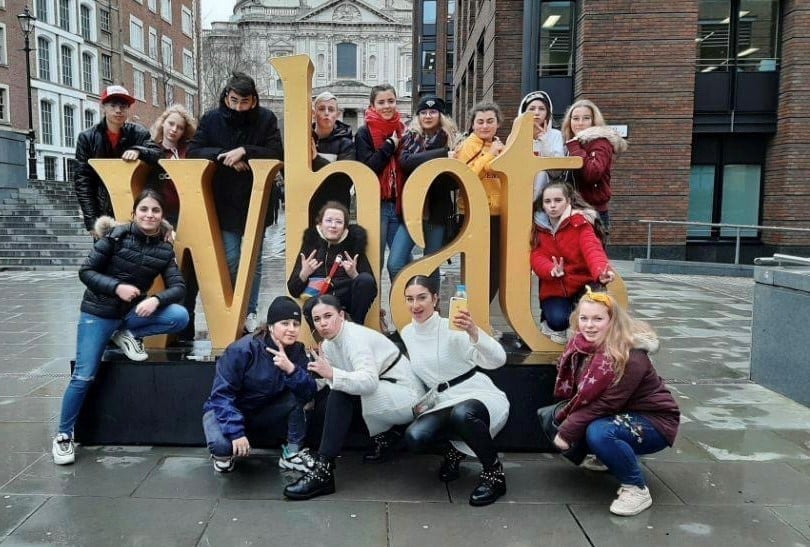FOREIGN school groups have returned to Tunbridge Wells in force, not just owing to a post-pandemic bounce, but also thanks to hosts picking up the pieces of “over-booking” elsewhere, according to a local home-stay agency.
Stephanie Heymer of International Student Experiences (ISE), which organises home stays for European school trips, started re-recruiting local, paid hosts late last year to cope with the expected post-pandemic return of school trips.
She had planned for a coachload every other week from February, but with home-stay organisers elsewhere in the South East over-booking and then letting down groups, she and her local hosts had taken an extra 10 groups.
A coach can bring in as many as 65 people needing accommodation – 60 students, four teachers and a driver.
The week before last, ISE had accommodation for a planned group of 55, then agreed to “emergency” bookings for one group of 15 and another group of 30, she told the Times.
The students spend the entire day out on excursions, so only need a place to sleep, along with breakfast, a packed lunch and dinner with their hosts.
Rates range from £126 for two students over three nights, up to £352 hosting four students for four nights, and will rise next year, added Ms Heymer.
Despite publicised fears that European groups might bypass the UK and go to (EU member) Ireland instead, Ms Heymer played down the Brexit impact on numbers for Tunbridge Wells.
“Ireland is fine for one year, but it’s never going to be a long-term solution,” she said.
“Some (European) schools have started to go to the Netherlands or Malta, but [the children] really want to come to the UK.”
However, she said that ISE could only accommodate the rising numbers with the help of residents willing to host.
Thanks to a robust process of long telephone conversations and a home visit, during which she explains all the requirements and the benefits, hosts tend to stay on, according to Ms Heymer.
“This year, I would say we have about 50 per cent of our original families from before the pandemic, and 50 per cent who are new, or found it was the right time to do it.”
Increasingly, families with children at home are hosting, with the kids interacting with their European peers during the visit and perhaps later helping the family decide how to spend the host fees – for example on a family holiday, she said.
“[Local] children feel very much involved with the process. They’re not being forced.”
“And we still need families to grow.”
You can contact ISE at: info@isegb.co.uk








